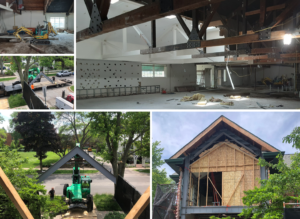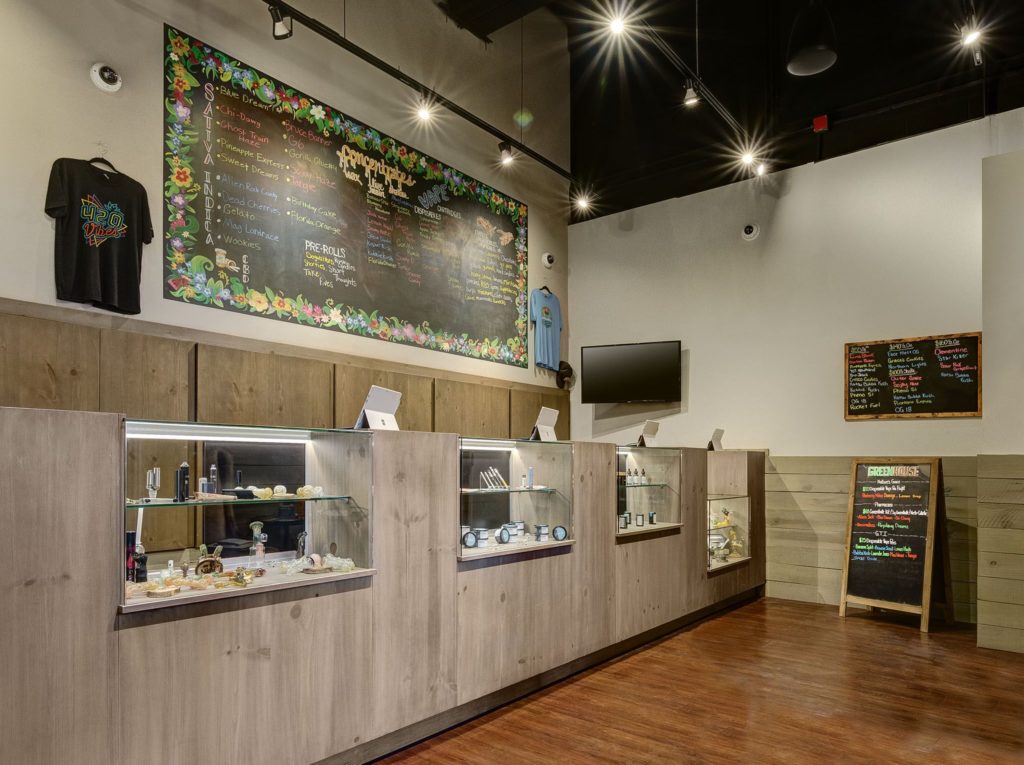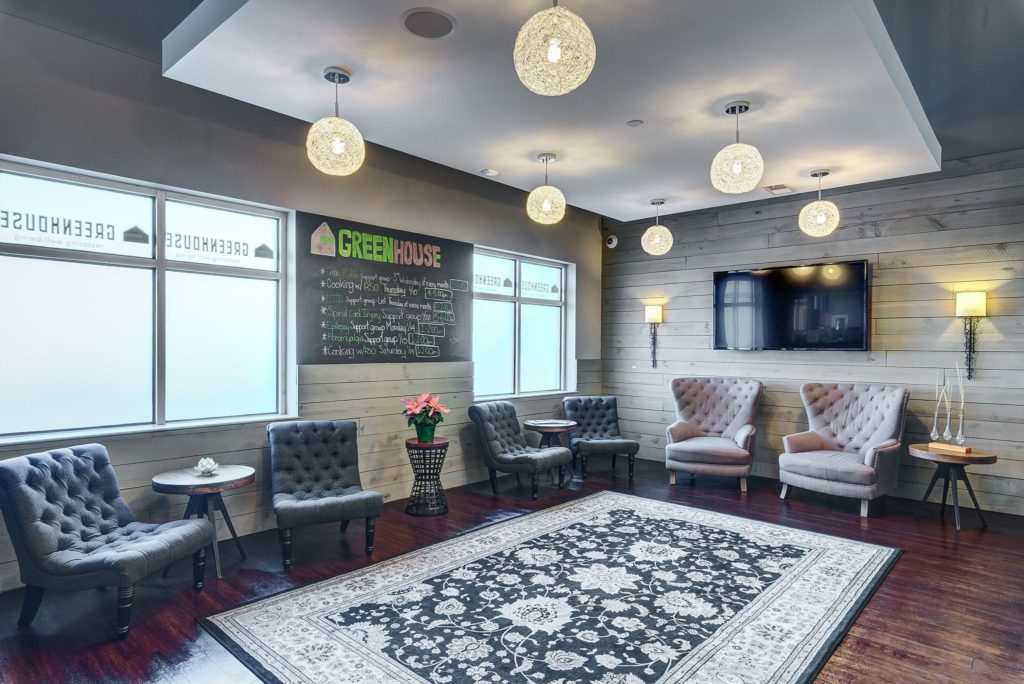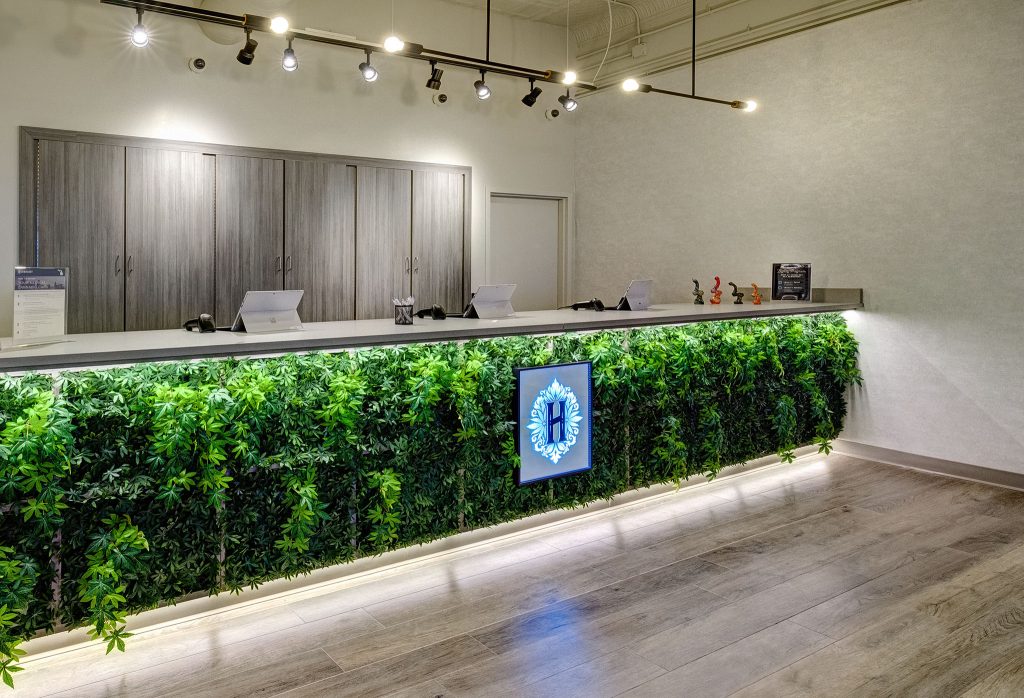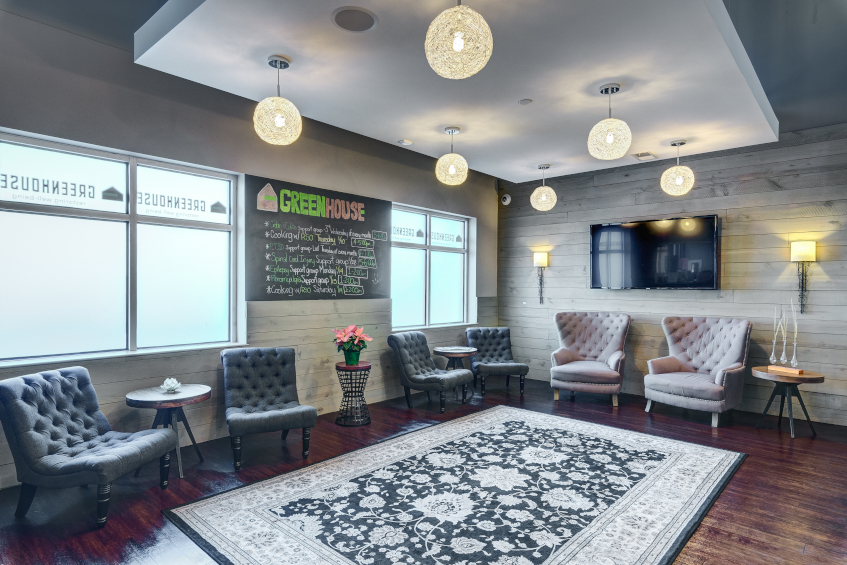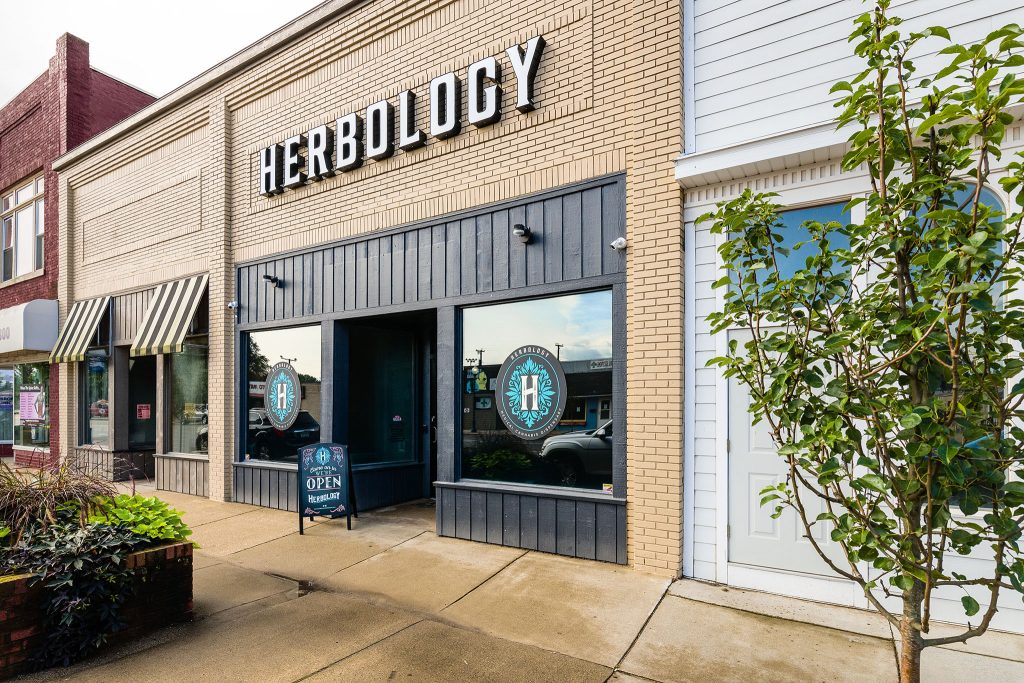Category: commercial
Mosaic Construction Completes Multifamily Renovation of Monarch Point Apartments in Racine, WI
RACINE, WI (JANUARY 24, 2022) – Mosaic Construction, LLC, a full-service, commercial and multifamily design-build general contractor, recently completed the exterior renovation of Monarch Point Apartments at 3802 Monarch Drive in Racine, WI. The multifamily, multi-building project encompassed 31,000-square-feet of exterior enhancements, improving the overall aesthetic for residents and visitors.
“We’re thrilled to work in Racine improving another Wisconsin apartment community,” said Ira Singer, Principal at Mosaic Construction and Pleasant Prairie resident who leads the firm’s Wisconsin presence. “We’re proud that this latest value-added renovation project is contributing to an enhanced living environment for the residents of Monarch Point.”
Monarch Point Apartments features apartments in seven conveniently located, two- and three-bedroom apartment buildings on park-like landscaped grounds, with patios and balconies. The building’s exterior refresh included new wood siding, trim boards, soffits, downspouts, scuppers, full exterior painting, carpentry, and balcony railing replacements to match building standards.
Mosaic Construction also recently partnered with commercial real estate firms Founders 3 Real Estate Services to reconfigure retail space in Mt. Pleasant, WI; and with Mandel Group, Inc. to renovate the lobby at Beaumont Place luxury apartments in Whitefish Bay, WI.
Construction Plan and Prepare
Cannabis Facility Construction (CFC) recently partnered with the Illinois Craft Cannabis Association–ICCA to share insights into the construction design/build for members in preparation for the cannabis license awards announcement.
Construction Plan and Prepare was an educational webinar outlining what cannabis growers can do now to prepare for the build-out of their location. Topics covered included Design/Build vs Design-Bid-Build; Designing and Building for Efficiency, Flexibility, Safety, and Security; Time and Cost to build your cannabis facility; and Who’s the right cannabis contractor for you?
Updates on our latest commercial builds
Our field teams have been very busy as they continue to make progress on several commercial renovations. Watching these projects come together has been an enjoyable experience; these behind-the-scenes pictures illustrate the complexity of the work that goes into making amazing spaces happen. We are looking forward to seeing these projects move towards completion throughout the summer.
In 2020, Cannabis Construction Must Offer Security of a Bank, Compliance of a Pharmaceutical Company, Aesthetic of a High-end Retailer
Legal recreational cannabis is a new industry in Illinois—and it’s in dire need of customized facilities. The first month of recreational cannabis sales in Illinois amounted to nearly $40 million. Sales figures spell opportunity both for cannabis companies and for experts in building special-purpose facilities for the industry’s stringent regulations and experience-driven customers.
Andy Poticha, Principal at Cannabis Facility Construction (CFC) has been involved in more than 30 cultivation, processing center and dispensary projects in eight states since 2015. He’s leading renovation projects that offer Illinois more than 35,000 new square feet of cannabis cultivation areas and dispensaries customized for the needs of recreational cannabis customers.
“To become recreational cannabis users’ preferred dispensary, new cannabis license holders must prioritize both compliance and customers in their facility design,” Poticha observes. The design/build process must support two core objectives:
- Prioritize compliance or suffer the consequences. To maintain product supply and operational retail sales, stick to strict protocols and carefully follow building codes related to the handling, storage and distribution of cannabis throughout the supply chain.
- Offer a differentiated customer experience. Product commoditization and restricted in-state cannabis sourcing leads to stiff competition between dispensaries.
“Cannabis companies need to offer the security of a bank branch, the compliance of a pharmaceutical company, and the aesthetic of a high-end retailer,” said Poticha. “Designing for the customer experience, creating welcoming sales environments that are compliant with regulations, is where dispensaries can find true opportunity to differentiate themselves from the competition.”
For nearly five years, CFC has worked with numerous cannabis companies, including Grassroots Cannabis, a vertically integrated multi-state cannabis company. For co-founder Mitch Kahn, CFC has helped Grassroots embrace these seemingly competing objectives into a cohesive customer experience.
“Partnering with CFC, we have been thoughtful about connecting the design/build process with our customer experience and compliance objectives,” said Kahn. “Together, we identified and solved potential issues early in the design/build process, so that the build-out is supportive of sales, security, and being good neighbors in our communities.”
Stipulated Sum Agreements Make Us the Right Builder for You
Our goal as a design-build firm is to create value for our clients through outstanding service-delivery and building trusted relationships. One of the many ways we achieve our goal is how we structure our contracts. Our clients want to know what they’re paying for, and we are able to clearly spell that out by providing stipulated sum agreements.
What is a Stipulated Sum?
Also referred to as a lump sum contract, a stipulated sum requires a builder to agree to provide specified services for a fixed price based on labor and material costs. The builder is responsible for executing the job properly and will provide its own means and methods to complete the project. Specifically, we use stipulated sum agreements with our multifamily and commercial projects, and they allow us to better define the scope and schedule of projects.
“We have always been client-centric, and what that means is that we want our clients to look at us as their design-build partners. The way we have been set up from inception has lent itself to that type of relationship.”
– Andy Poticha
Why We Use Stipulated Sums
Cannabis Facility Construction uses stipulated sums so that our clients know what they’re getting, and we know exactly what we need to deliver. Our contracts are predictable and easy to manage and benefit our clients in the following ways:
No Hidden Fees
One of Cannabis Facility Construction’s key differentiators is that we never stick our clients with hidden fees, compared to cost-plus-fixed-fee and other contracts. “We don’t charge, as most architects and most contractors do, a percentage of construction,” said Andy Poticha, Principal of Cannabis Facility Construction, on the Cannabis Legalization News podcast. “You have no incentive to finish a job on time and you have every incentive to make it cost more money. We said if we’re truly going to be partners with our clients, we need to have some skin in the game. We’re going to be offering them our process and our intellectual property, and we’re going to say that the project’s going to take this long, and our fee is going to be a stipulated sum based on how long that’s going to take.”
Predictability
Our clients value the predictability of stipulated sum agreements, especially since they reduce risk and give them more confidence. With an agreed upon sum in place, our clients are not liable for any cost overruns. “It doesn’t matter to us if the project is $6,000, $600,000, $60 Million, or $600 million,” added Poticha. “If it takes six months to do, our fees are going to be the same. Our clients understand that we have an incentive to finish it in the time that we’ve agreed to. But just as importantly, we have the incentive to make sure that our client is getting the most bang for their buck without us having the incentive of trying to sell them something more.”
Better Collaboration
We find that stipulated sum arrangements foster a greater degree of collaboration between Cannabis Facility Construction and our clients. We are able to execute tight project management and more efficient communication to ensure that both parties are adhering to the scope of work. “We are very different in our approach to how we look at our clients,” said Poticha. “We have always been client-centric, and what that means is that we want our clients to look at us as their design-build partners. The way we have been set up from inception has lent itself to that type of relationship.”
The design-build methodology supports our goal because it allows us to streamline the construction process, which ultimately benefits our clients and our management team. “We look at every project not as a one-time project, how much money can we make, finish it, and go on to the next project,” added Poticha. “We’re offering our client this partnership so that they can go on and do what they do best, while we do what we do best.”


